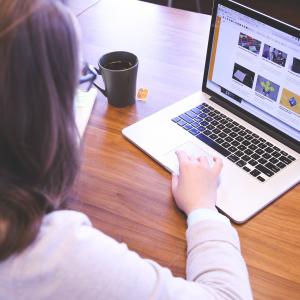How To Manage Anxiety Without Medication
Medications are an important tool for people dealing with anxiety, but most experts agree that they are best used as a short-term solution for severe anxiety. Fortunately, there are a number of techniques for dealing with anxiety without medication, most of which you can try yourself at home. Here are a few things you can do to help control anxiety levels:
Exercise - This is not a new technique for dealing with anxiety, but it is one that has been proven effective in numerous studies. In addition to lessening anxiety, exercise has a host of other physical and mental benefits that make it worth the time and effort. Keep it as simple as you want - just a 30-minute walk can help.
Watch your diet - Avoid self-medicating with things like alcohol, caffeine, or nicotine - they might make you feel calmer for a moment, but they create more problems and can even increase anxiety in the long run. It’s also best to keep your intake of comfort food to a minimum; indulge in moderation.
Try talk therapy - Talk therapy, or cognitive behavioral therapy, is an extremely effective approach to controlling anxiety. A trained therapist can help you change your negative patterns of thought and behavior.
Practice relaxation breathing - Anxious people tend to take shallow, quick breaths, which causes physical responses such as increased heart rate and blood pressure. This kind of breathing increases feelings of stress and anxiety. When you find yourself getting anxious, take slow, deep breaths from your lower abdomen to alleviate anxiety and stop the cycle. Here's an instructional video on breathing technique.
Address your worries - Fears have more power when they go unnamed. Taking the time to identify the things that are making you anxious can help you feel more in control, and you might find that some of your worries have solutions. Share them with a friend or relative to get a realistic point of view and suggestions for practical solutions.
Above all, remember that anxiety is a very treatable condition - with or without medication. It may take some time to find the techniques that work best for you, but there are many things you can try.





